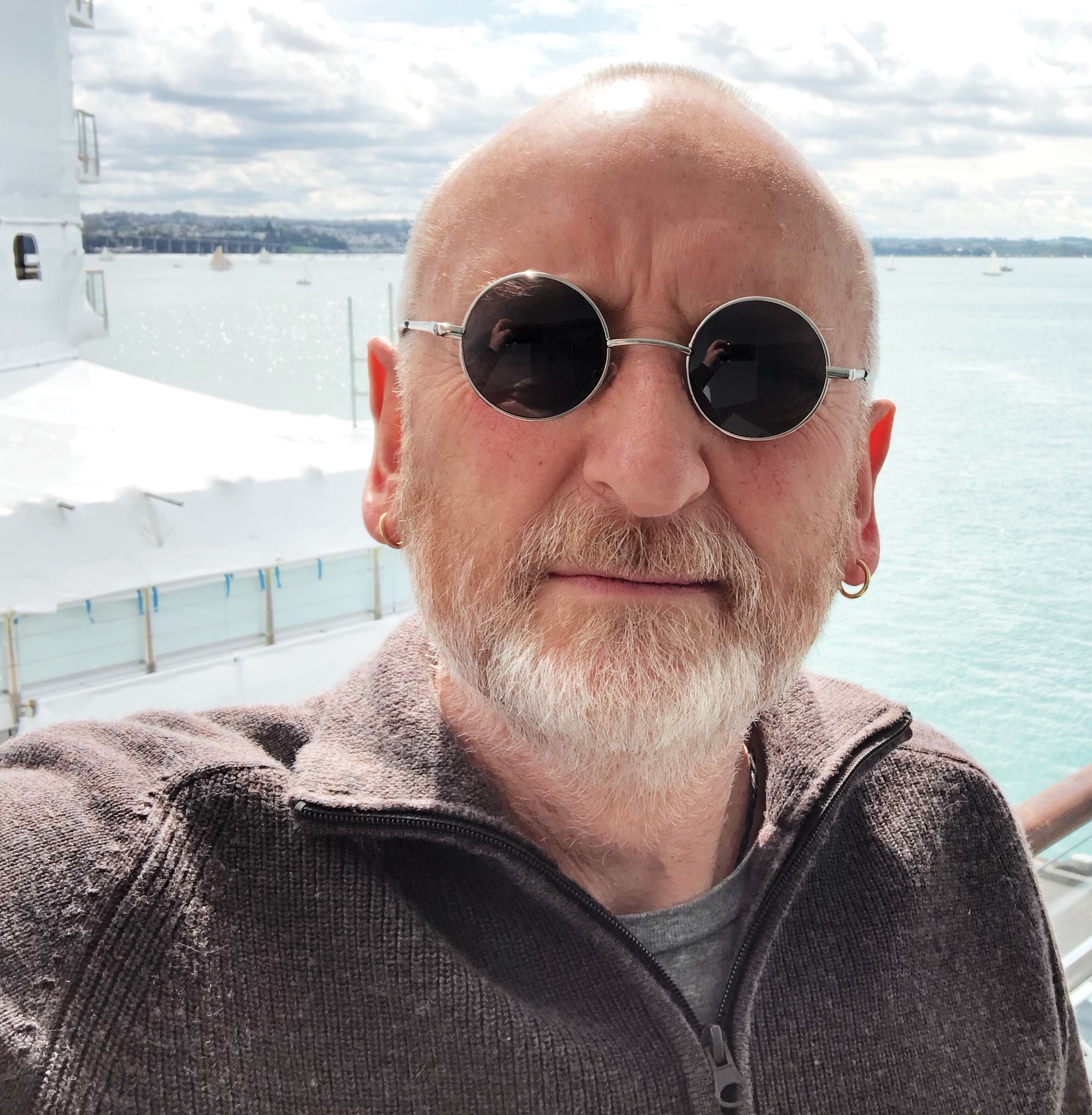Well, we finally had that difficult conversation with the haematologist that went along the lines of, “I’m sorry, Iain, but we have run out of treatment options for you and the other drugs we have available in New Zealand aren’t going to stop your myeloma from developing any further. We haven’t been able to access any others through a clinical trial or compassionate access. Your bone marrow is chocker with abnormal plasma cells and you have a few weeks, maybe a couple of months, left to live. I’m very, very sorry about that.”
It wasn’t as brutal as that. He’s been treating me for 13 years, and he’s a good kind man and we’ve become quite fond of each other. But it was a difficult conversation, not unexpected, but difficult, nonetheless.
This was more than two weeks ago, and I still feel surprisingly well. The healthy bone marrow cells are doing their thing and I’m maintaining blood counts similar to the past few weeks when I was still working full time. I have now resigned and have (theoretically) stopped work, apart from doing some handover notes (should be finished those today).
I am at risk from uncontrolled bleeding (low platelets) and infection that I can’t fight off with my largely non-existent immune system. I am taking the normal sensible precautions around masking, and now use a walking stick so I don’t throw myself to the ground and fracture my thigh that is weakened by the myeloma — that would be a whole other level of difficulty and potentially life-shortening if I were immobilised.
We’ve been telling people about my prognosis and they have been wonderful and kind. Some have offered to help with practical things, as they always do in times like this, but we are both doing OK. In fact, we are using this time to sort out a lot of ‘life admin’: new wills, enduring power of attorney, life insurance claim, withdrawing my savings into our joint bank accounts, making sure Kate has access to all my important information and sites, transferring bills to her name, visiting the bank and accountant, etc. All things a grieving spouse needs to do shortly after someone dies and is in no good mind to have to deal with. It is a luxury to be able to do this, and I’m very grateful to have the opportunity.
We are organising quality time with our children and have had some wonderful times together — nothing contrived, but more of the family get-togethers we would normally do. We have all loved the time spent together.
That largely leaves the practical, emotional and spiritual aspects of my actual death. We are still waiting impatiently to see the people from the hospice to talk about end-of-life care, which is a little frustrating as we aren’t sure what we (i.e. Kate) will have to do at various times.
Emotionally, I am good. I have been expecting this for some time, and I have accepted that I will die as a result of the myeloma. I feel lucky, actually. When I was diagnosed 13 years ago, I was told I could expect to live 3–5 years as the average life expectancy. I have had more than twice that, and for 6½ years I was so fit and healthy it was easy to forget I had cancer. In fact, our daughter-in-law recently reminded me that the first time we met, I had just come back from a 5km run!
Spiritually, I am also good. I am a member of a small Buddhist community here in Wellington, and my lay and ordained sangha friends have been wonderful. We are planning how they can help with the transition.
We have had some wonderful, deep discussions with people about life and death in the past couple of weeks. Yesterday was a perfect example. An old friend who has been overseas for many years, who Kate has recently reconnected with, visited. He has worked in mental health and suicide prevention most of his life, is a devout non-dogmatic Catholic, kind and compassionate, and has thought deeply about life and death. It was a fantastic 90 minutes; joyful, positive, and life-enhancing. He lives in the next village, and I think this renewed friendship was made to be at this time.
The worst thing is knowing that my death will make other people sad, which I hate doing. We are all grieving in our own ways, but my grieving will end when I die — my friends and family will be left with their grief.
The main thing I ask is that people don’t feel sorry for me or pity me. I certainly don’t because there is nothing I can do about the situation. Acceptance is powerful and liberates me to take action. I’m certainly not sitting around home waiting to die. There are things to do, and not much time to do them, so I need to get cracking!

Comments
October 22, 2025 16:02
If you live in a small home, this is the best high chair for small spaces. It folds flat and is super convenient to store.I love all the Ingenuity high chair accessories. The seat pads and tray liners make customization easy and cleaning even easier. Modern baby feeding chair
December 17, 2023 11:50
Well yes such discussions are always so hard to have with your doctor. If its something as meagre as Stinky Feet, things are easier to tackle. But if there’s something serious, there is this awkward silence for a while.